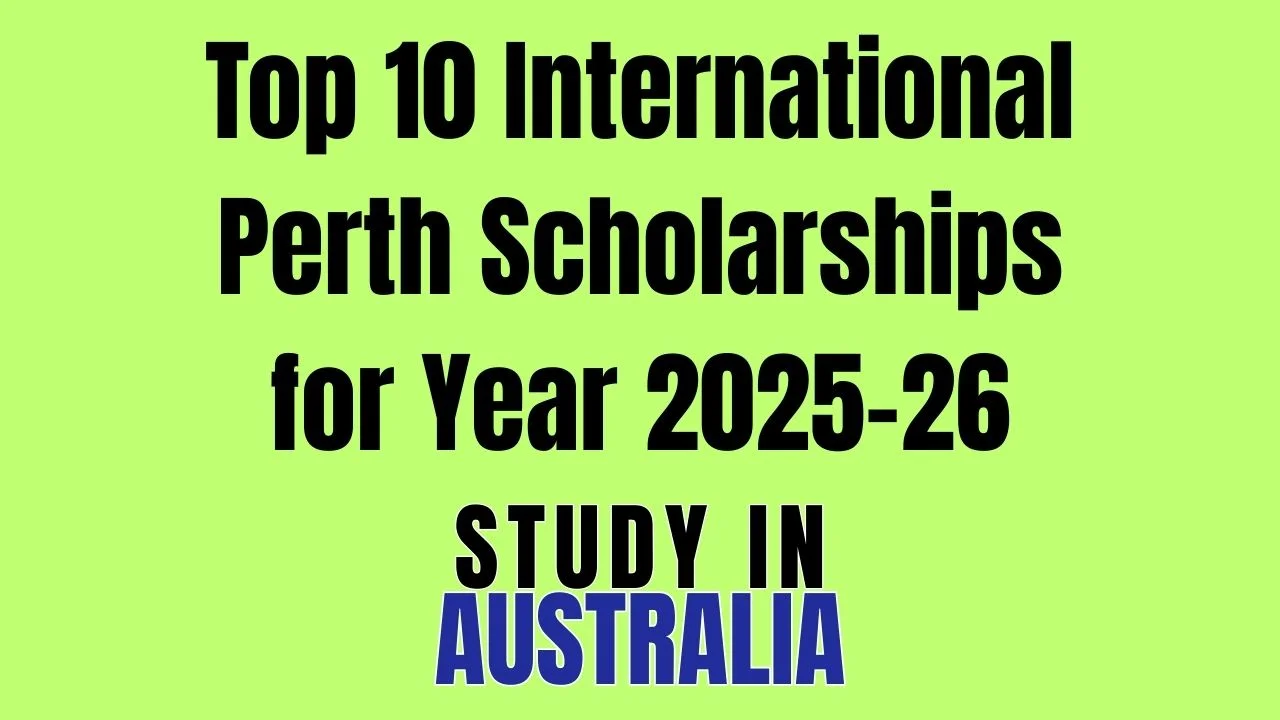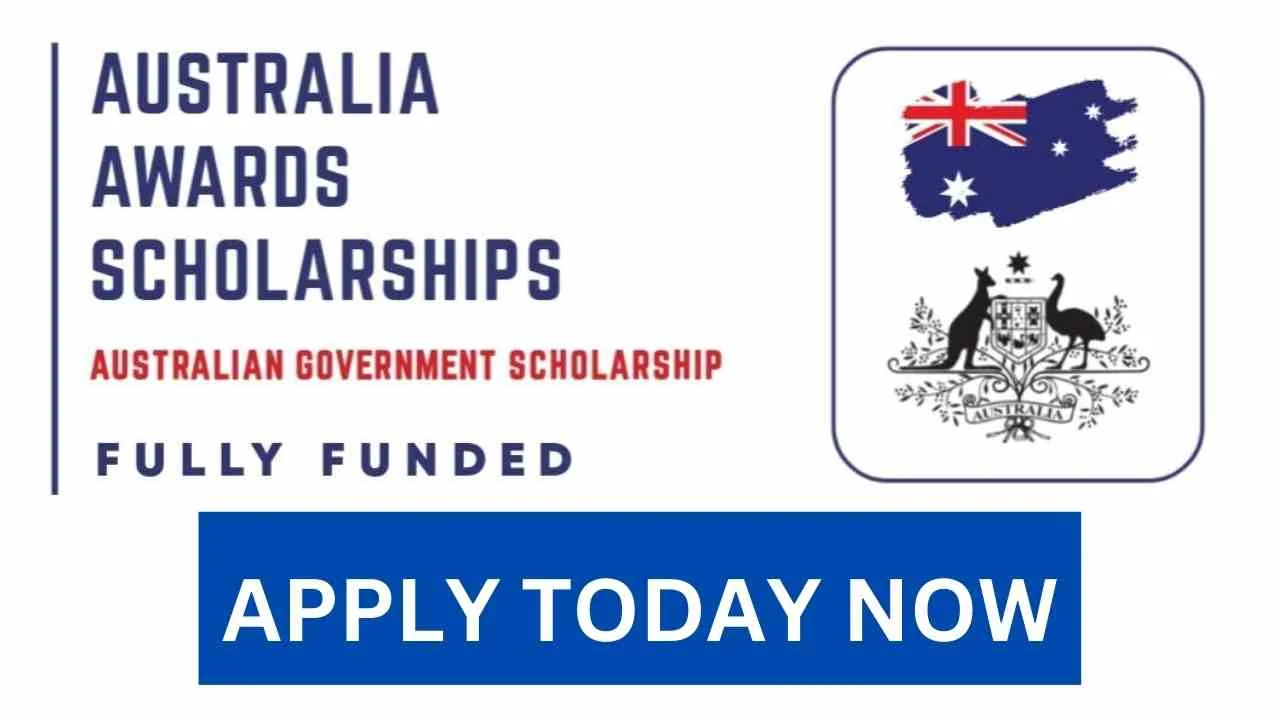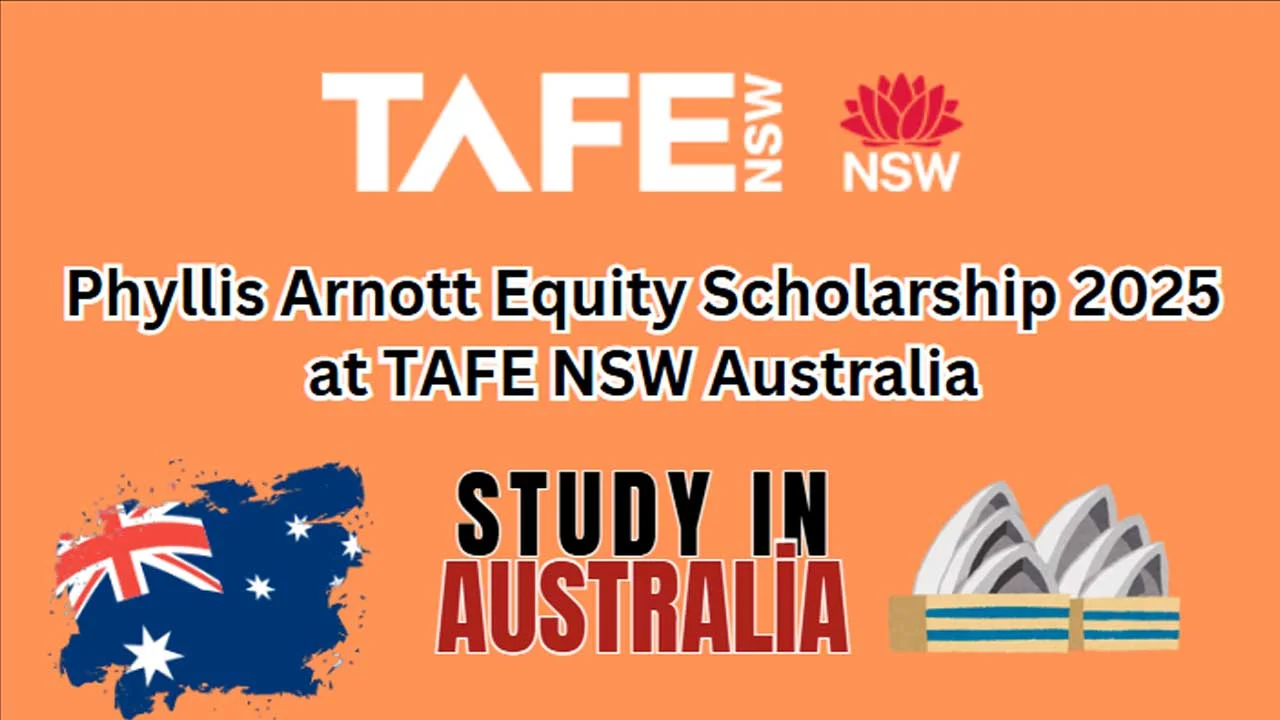Are you ready to embark on an enriching academic journey? The University of Sydney is offering an incredible Postgraduate Research Scholarship in Biomaterials, Nanotechnology, Tissue Regeneration, and Drug Delivery for the 2024/2025 academic session. This opportunity is designed to support international students aiming to excel in cutting-edge research fields.
Scholarship Overview
To qualify for the Postgraduate Research Scholarship in Biomaterials, Nanotechnology, Tissue Regeneration, and Drug Delivery at the University of Sydney, applicants must be international students with an unconditional offer of admission or currently enrolled full-time in a PhD within the Faculty of Medicine and Health.
About the University of Sydney
The University of Sydney, Australia’s first university, stands as a leading global institution known for its research and teaching excellence. Situated in the vibrant city of Sydney, New South Wales, the university offers a diverse range of undergraduate, postgraduate, and research programs across various disciplines. It boasts state-of-the-art facilities, a lively campus life, and a strong focus on innovation and interdisciplinary collaboration.
Key Details of the Scholarship
- Application Deadline: 19 August 2024
- University or Organization: University of Sydney
- Department: Faculty of Medicine and Health
- Course Level: PhD
- Award: $30,000 per annum for up to 3.5 years, subject to satisfactory academic performance
- Access Mode: Online
- Number of Awards: One (1)
- Nationality: International
- Award Location: Australia
Eligibility Criteria
This scholarship is open to all international students. To be considered, applicants must:
- Have an unconditional offer of admission or be currently enrolled to study full-time in a PhD within the Faculty of Medicine and Health at the University of Sydney.
- Be committed to conducting research in biomaterials, nanotechnology, tissue regeneration, and drug delivery.
Application Process
Ready to apply? Here’s how:
Application Steps
- Ensure you have an unconditional offer of admission or are enrolled in a full-time PhD program within the Faculty of Medicine and Health at the University of Sydney.
- Prepare to focus your research on biomaterials, nanotechnology, tissue regeneration, and drug delivery.
- Submit your application through the official University of Sydney online portal.
Benefits of the Scholarship
The Postgraduate Research Scholarship provides a generous stipend allowance of $30,000 per annum for up to 3.5 years, subject to satisfactory academic performance. This financial support is aimed at assisting PhD students who are conducting research in the fields of biomaterials, nanotechnology, tissue regeneration, and drug delivery. The scholarship is funded by the Deputy Vice-Chancellor (Research) at the University of Sydney.
APPLY NOW
This scholarship is a remarkable opportunity for international students to engage in groundbreaking research at one of the world’s leading universities. If you meet the eligibility criteria, don’t miss out on the chance to apply and advance your academic and research career in the vibrant and innovative environment of the University of Sydney.
FAQs
Q1: What is the application deadline for the Postgraduate Research Scholarship?
The application deadline is 19 August 2024.
Q2: Who is eligible to apply for this scholarship?
International students with an unconditional offer of admission or currently enrolled full-time in a PhD within the Faculty of Medicine and Health at the University of Sydney are eligible.
Q3: What research fields does the scholarship cover?
The scholarship supports research in biomaterials, nanotechnology, tissue regeneration, and drug delivery.
Q4: How much is the scholarship stipend?
The scholarship provides a stipend allowance of $30,000 per annum for up to 3.5 years, subject to satisfactory academic performance.
Q5: How can I apply for this scholarship?
You can apply through the University of Sydney’s official online portal, ensuring you meet all eligibility criteria and have an unconditional offer of admission or are currently enrolled in a relevant PhD program.










